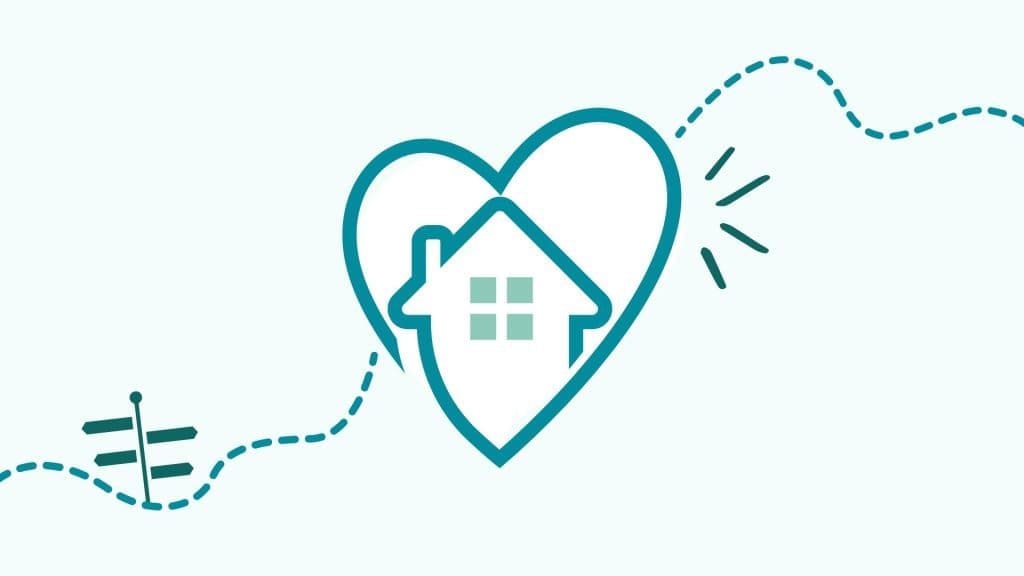The Expanding Demand for In Home Treatment Givers: Reasons Family Members Select Specialist Care Over Typical Facilities
The enhancing choice for at home caregivers over standard centers is a substantial trend improving the landscape of elder care. Families are attracted to the benefits of individualized treatment that aligns with private needs and choices, permitting seniors to maintain a sense of autonomy in a familiar atmosphere. This shift likewise highlights the economic and psychological factors to consider that affect decision-making. As we explore the myriad factors adding to this growing demand, the ramifications for both caregivers and households come to be significantly evident. What does this mean for the future of caregiving?
Customization of Treatment
Customization of care in home caregiving is necessary for satisfying the one-of-a-kind demands of each person (ndis support coordinator). This strategy ensures that care plans are tailored to the particular needs of the person, considering their clinical background, individual preferences, and way of living. By focusing on the person's one-of-a-kind conditions, caregivers can foster a feeling of dignity and autonomy, which is usually doing not have in more institutionalized setups

Home caregiving enables for constant observation and adjustment of care techniques, making sure that modifications in health and wellness condition or individual choices are immediately resolved. Inevitably, individualized treatment in home setups substantially adds to the general wellness of clients, making it an important element of contemporary caregiving practices.
Comfort of Home Environment
The convenience of a home environment plays an important function in the performance of home caregiving. Numerous people, especially seniors, experience heightened stress and anxiousness when put in unknown setups such as standard care centers. Home caregiving supplies a familiar atmosphere, filled with individual possessions, cherished memories, and the feeling of safety that comes from remaining in one's very own space. This knowledge can substantially improve psychological wellness, which is vital for recuperation and general health.
Furthermore, the home setting permits a customized method to caregiving, suiting individual choices and regimens. Households can develop an environment that mirrors their loved one's way of life, making certain that care is provided in such a way that feels all-natural and comfy. This personalized setting motivates better interaction and communication in between clients and caregivers, cultivating trust and connection essential for efficient treatment.
In addition, the convenience of home can help with social connections, as household participants and friends can go to a lot more conveniently, providing important psychological assistance. ndis support coordinator. Overall, the home atmosphere not only assists to keep self-respect and freedom yet additionally adds to a higher quality of care, making it a preferred choice for families seeking professional caregiving services

Enhanced Independence for Seniors
Home caregiving not only provides convenience yet additionally advertises improved self-reliance for senior citizens. Unlike conventional facilities, in-home treatment permits elders to keep their day-to-day regimens and participate in familiar activities within their very own setting. This freedom is vital for their emotional well-being and overall lifestyle.

Additionally, in-home caretakers can adapt their solutions to provide specifically to the unique requirements of each senior, advertising a greater feeling of control. This versatility ensures that senior citizens can appreciate their pastimes, socialize with friends and family, and continue to be active in their areas, even more boosting their sense of self-reliance.
Ultimately, in-home caregiving not just addresses the physical needs of seniors however also equips them to lead meeting lives, making it an increasingly prominent selection for families looking for the very best treatment remedies for their loved ones.
Cost-Effectiveness of In-Home Care
At home treatment offers an economical choice to conventional nursing centers, permitting families to offer top quality assistance for their loved ones without incurring exorbitant costs. The expenditures related to nursing homes can be overwhelming, commonly going beyond $100,000 annually, which can drain financial resources swiftly. In comparison, at home treatment solutions generally bill on a per hour or per-visit basis, making it possible for family members to tailor care plans according to their budget and particular needs.
In addition, at home treatment removes added prices connected with center living, such as room, board and transport, and numerous management costs. Families can choose to engage caregivers only when required, potentially decreasing general expenses. A substantial advantage of at home care is the ability to keep individual regimens, which can add to much better emotional health and reduce the demand for pricey medical interventions arising from sudden lifestyle changes.
Insurance policy insurance coverage, consisting of long-lasting care insurance, often reaches in-home treatment solutions, better boosting economic ease of access (ndis support coordinator). In general, the cost-effectiveness of at home treatment not just reduces the financial problem on families but also advertises a much more customized strategy to care that aligns with specific choices and requirements
Building Stronger Household Links
Offering treatment in a familiar atmosphere fosters much deeper Extra resources family connections, permitting liked ones to actively take part in the caregiving process. At home care produces opportunities for households to engage meaningfully with their elderly or disabled loved ones, promoting psychological bonds that can be challenging to attain in institutional setups. The presence of specialist caretakers makes it possible for relative to focus on their relational roles instead than being strained by the physical needs of care.
Furthermore, at home treatment allows families to preserve their treasured regimens, which can lessen feelings of stress and anxiety and disorientation usually related to relocation to care centers. Shared dishes, acquainted environments, and the convenience of home provide a sense of stability that improves wellness and promotes open interaction.
Family members can team up with caregivers to develop individualized treatment strategies that mirror the specific choices and needs of their loved ones. This collective method not just encourages the senior yet also strengthens the family, as members share obligations and support one another get more through challenging times. Ultimately, at home treatment grows a caring setting where partnerships can grow, boosting the lifestyle for both recipients and caregivers.
Conclusion
The boosting choice for at home caregivers highlights a significant change in just how family members approach senior treatment. Customized care strategies, the comfort of acquainted surroundings, boosted self-reliance for seniors, and cost-effectiveness jointly add to this fad. Furthermore, the participation of family participants in the caregiving process cultivates more powerful connections and assistance networks. As these factors straighten, in-home treatment becomes an engaging option to typical facilities, inevitably advertising the well-being and top quality of life for senior citizens.
Families are drawn to the benefits of personalized care that straightens with individual demands and choices, allowing senior her response citizens to keep a sense of freedom in a familiar atmosphere.At home care provides an economical choice to conventional nursing centers, allowing households to provide high quality support for their liked ones without sustaining excessively high expenditures. In comparison, in-home care solutions generally bill on a hourly or per-visit basis, enabling households to tailor care plans according to their budget plan and particular requirements.
In-home care creates chances for households to engage meaningfully with their disabled or elderly relatives, advertising psychological bonds that can be hard to attain in institutional setups.The boosting preference for in-home caregivers highlights a significant shift in how families come close to elderly treatment.